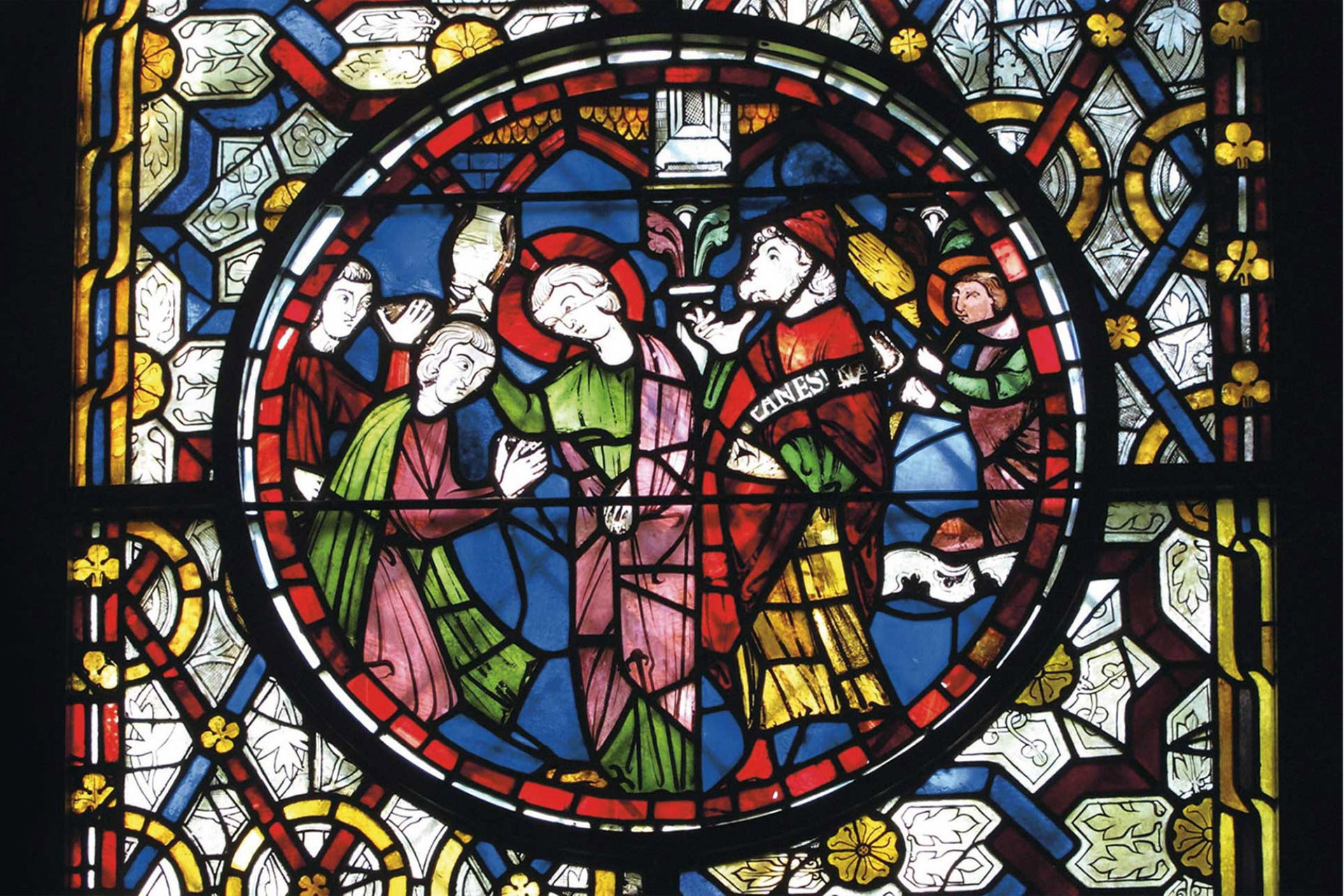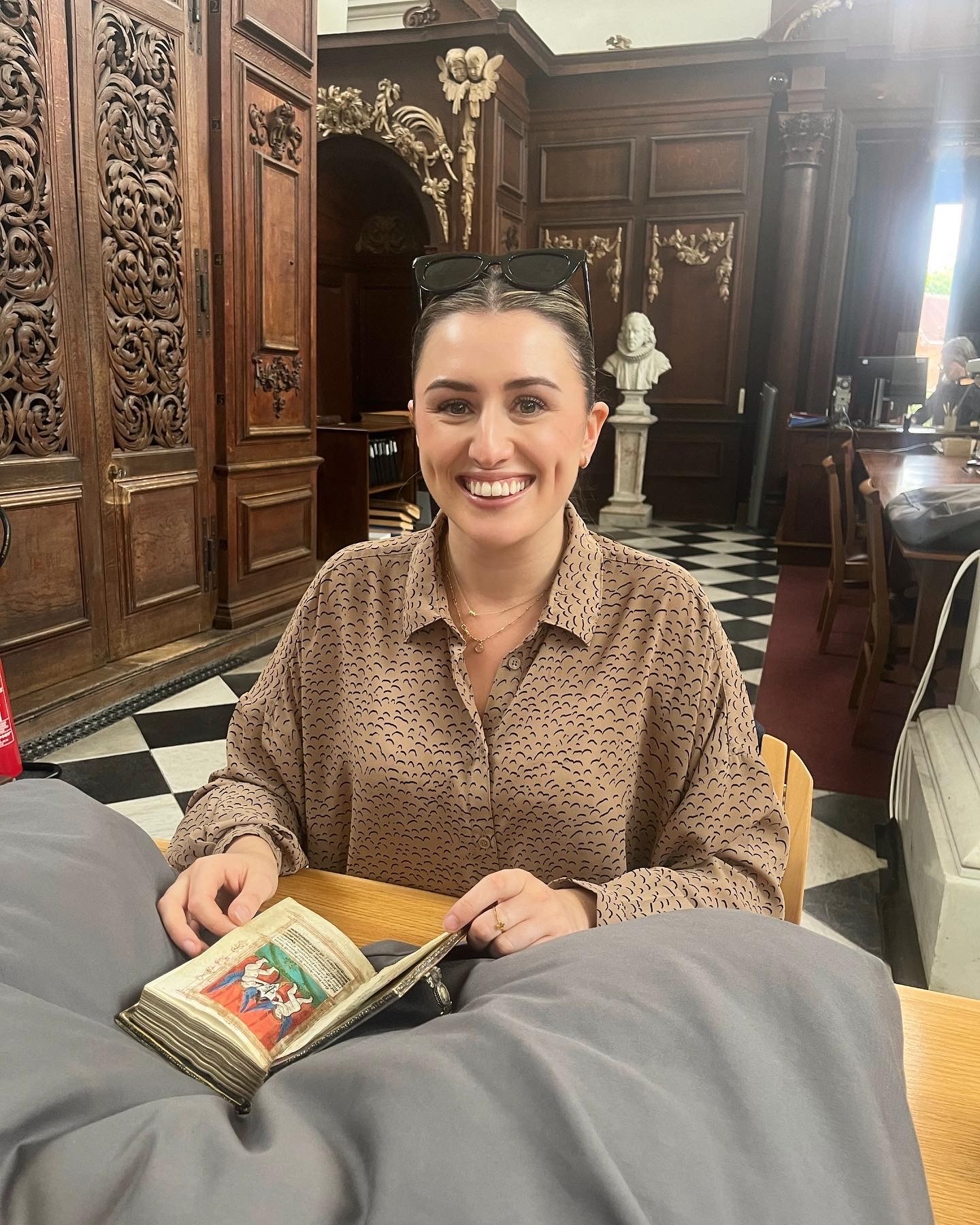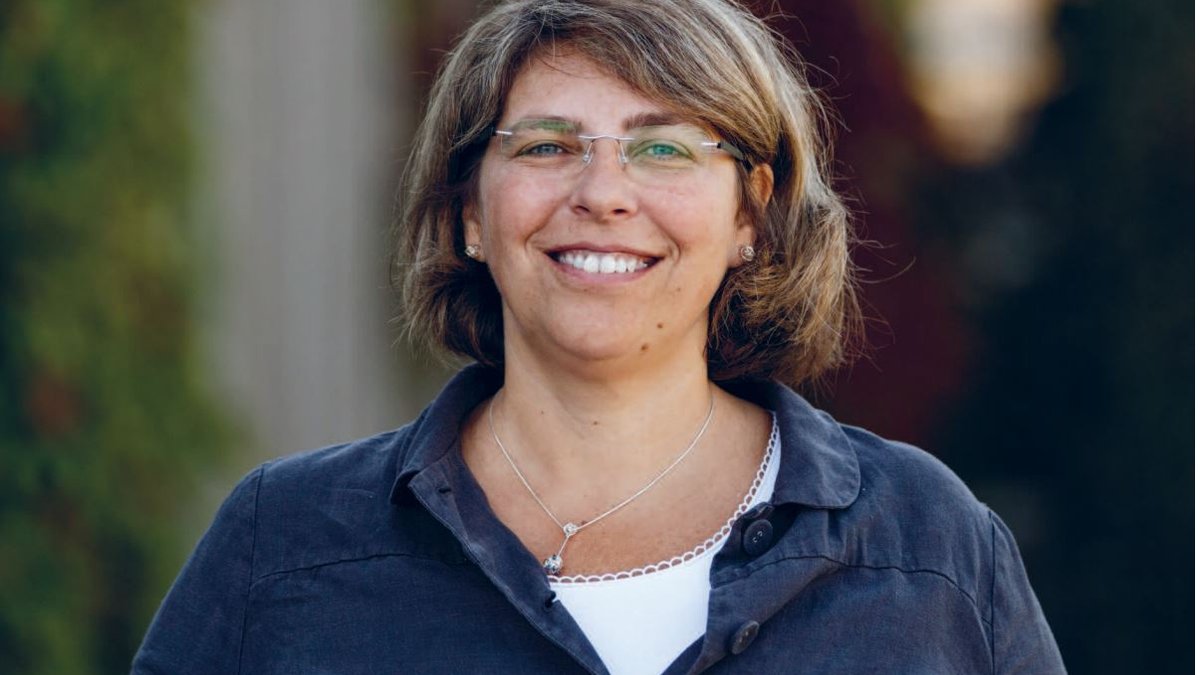Graduates of the MEMS MA make good use of their training. An outstanding example of this truth is how the research of Kate McCaffrey has … Read more
Month: June 2023
Prof. Barbara Bombi FBA to be the 2023 Anselm Lecturer
The Centre for Medieval and Early Modern Studies is pleased to invite you to the final of the four public annual lectures that it organises. … Read more


